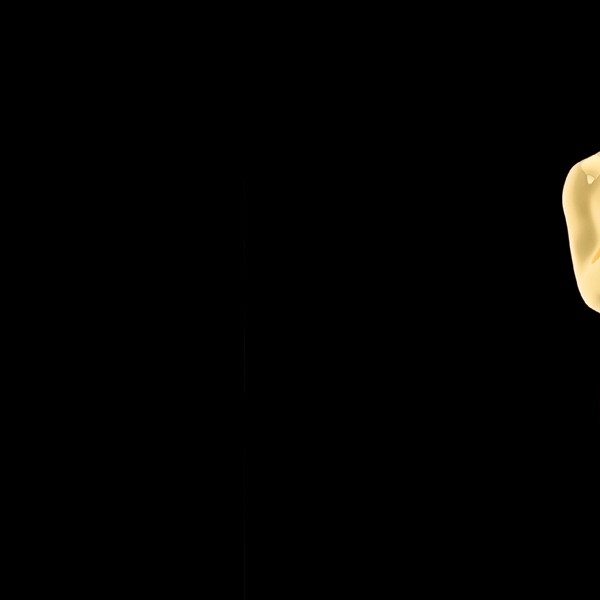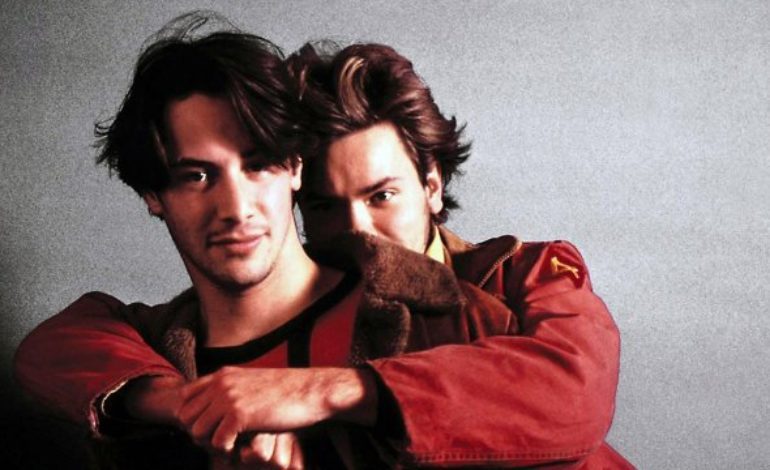

From underground cult favorites to Oscar contenders, LGBTQ+ films have always covered various genres, periods, and themes. Here I’ve assembled my curation of LGBTQ+-centered films that left an emotional impact after watching (mainly consisting of tears and heart-wrenching pain.) Some films offer more comedic satire and bizarre experimentalism, so I included those as well! Happy Pride!
1.) My Own Private Idaho (1992) – Directed by Gus Van Sant
I could love someone, even if I, you know, wasn’t paid for it. I love you and… you don’t pay me.
My Own Private Idaho beautifully depicts the conflict between queerness and heteronormativity, and combined with bold visionary directing by Gus Van Sant and the powerful vulnerability portrayed by River Phoenix, this film tenderly confronts the homoerotism that can surface between friends while visually depicting the conflicts of such feelings in the world of prostitution. River Phoenix and Keanu Reeves play two male escorts who escape the control of their hustler to find Phoenix’s mother, only to find that the only people who care about them in the world are each other. Sant presents a loose retelling of Shakespeare’s Henry IV in an avant-garde drama that’s as striking in dialogue as in the presentation of sex as both an expression of freedom and a transactional tragedy.
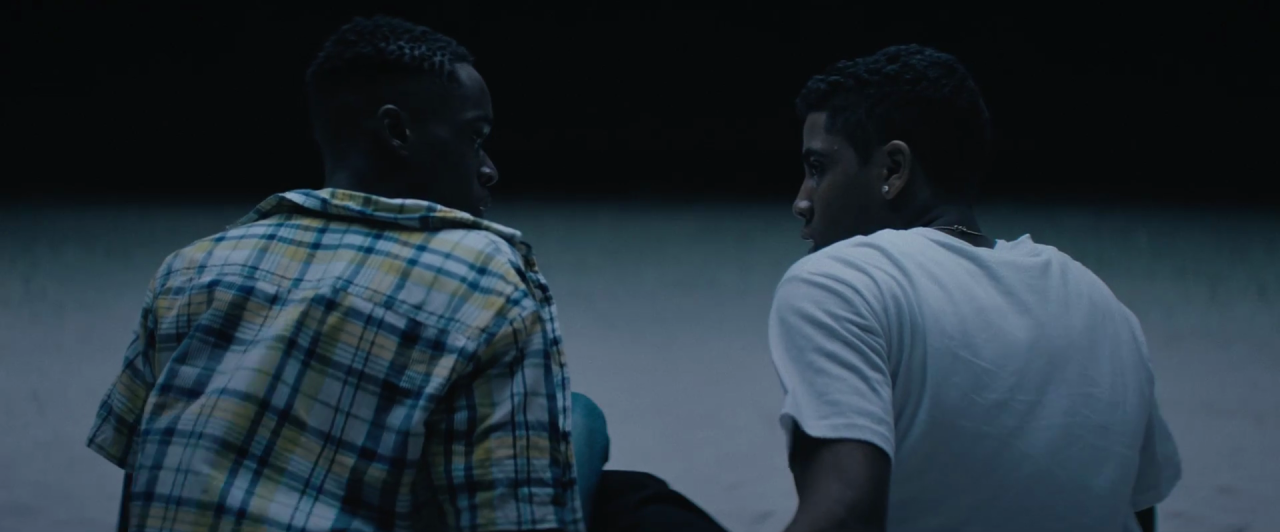

2.) Moonlight (2016) – Directed by Barry Jenkins
At some point you’ve got to decide who you wanna be. Can’t let nobody make that decision for you.
Winning the Oscar for best-adapted screenplay at the 89th Academy Awards, this film hooks you in with its slick visuals and depictions of queer youth in 90s Miami. It tells the story of one man, Chiron, who faces the bullies and abuse of his childhood and grows into an adult who hides who he is until all he becomes is his external appearance, Black. With the chance to go back and reclaim the identity he struck down, he fights between wanting to remain a ghost of himself and finally accepting the love he’s been denied all his life. Barry Jenkins’s directing is organic and intimate, and he beautifully depicts the clash between toxic masculinity and queer exploration within the Black experience.
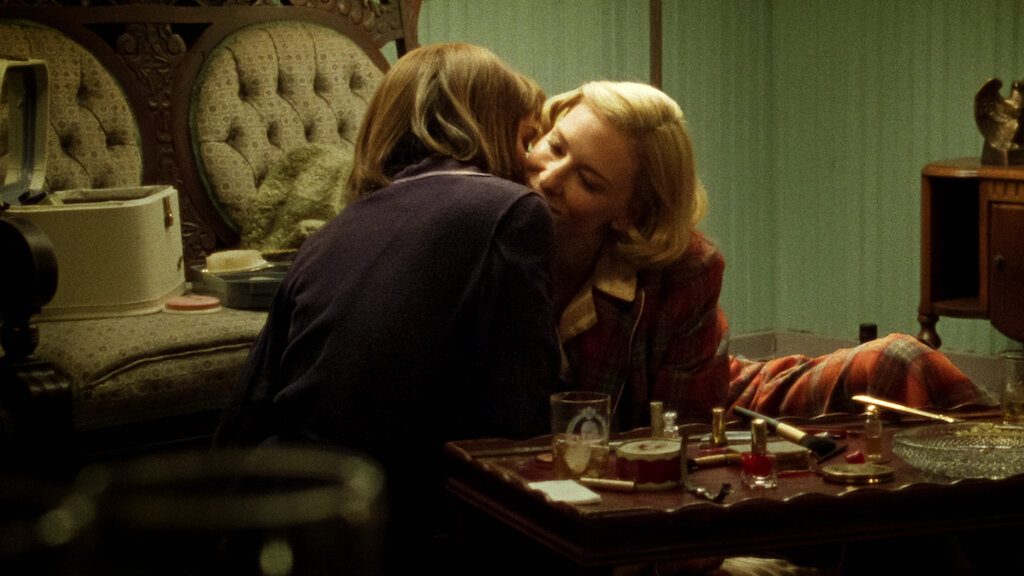

3.) Carol (2015) – Directed by Todd Haynes
My angel, flung out of space.
Carol is an adaptation of the novel The Price of Salt set in the 1950s. The film centers around a pair of friends who bond over their shared loneliness and cravings for connection and ultimately fall in love with each other. However, the heteronormativity and sexism of the times force them apart, and they are left to only remember each other through letters, photographs, and music. In addition to the beautiful cinematography and performances by Cate Blanchett and Rooney Mara, this film is a slow burn that feels almost suspended in time with the soft focus shots and long lens choices.
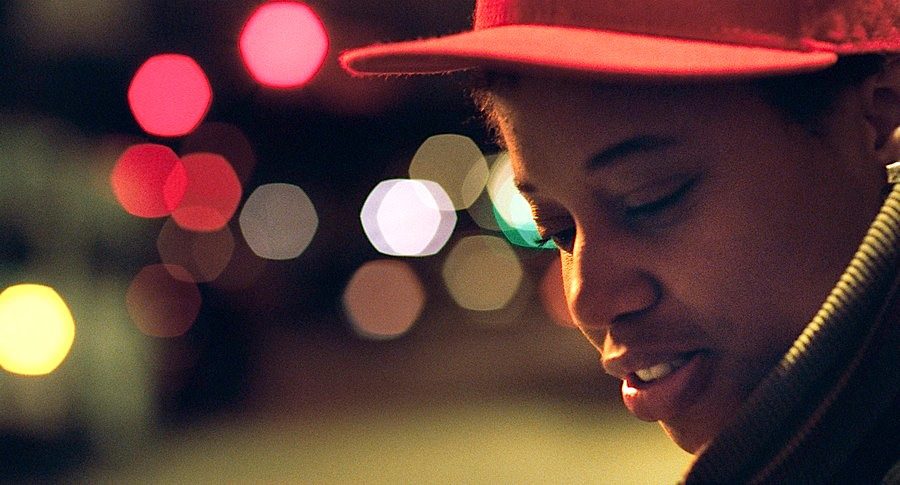

4.) Pariah (2011) – Directed by Dee Rees
My spirit takes journey, my spirit takes flight. Could not have risen otherwise, and I am not running. I am choosing.
Pariah is a coming-of-age family drama that focuses on a young Black girl, Alike, as she journeys through gender expression and sexual identity. Throughout the film, she faces homophobic slander from her family and is pressured to find herself inside a world of teenage rebellion and exploration. By setting queer Black characters front and center, the audience is exposed to a personal experience that the director herself drew from. With a strong visual style and a heartwarming ending, Pariah walked so Ladybird could run.
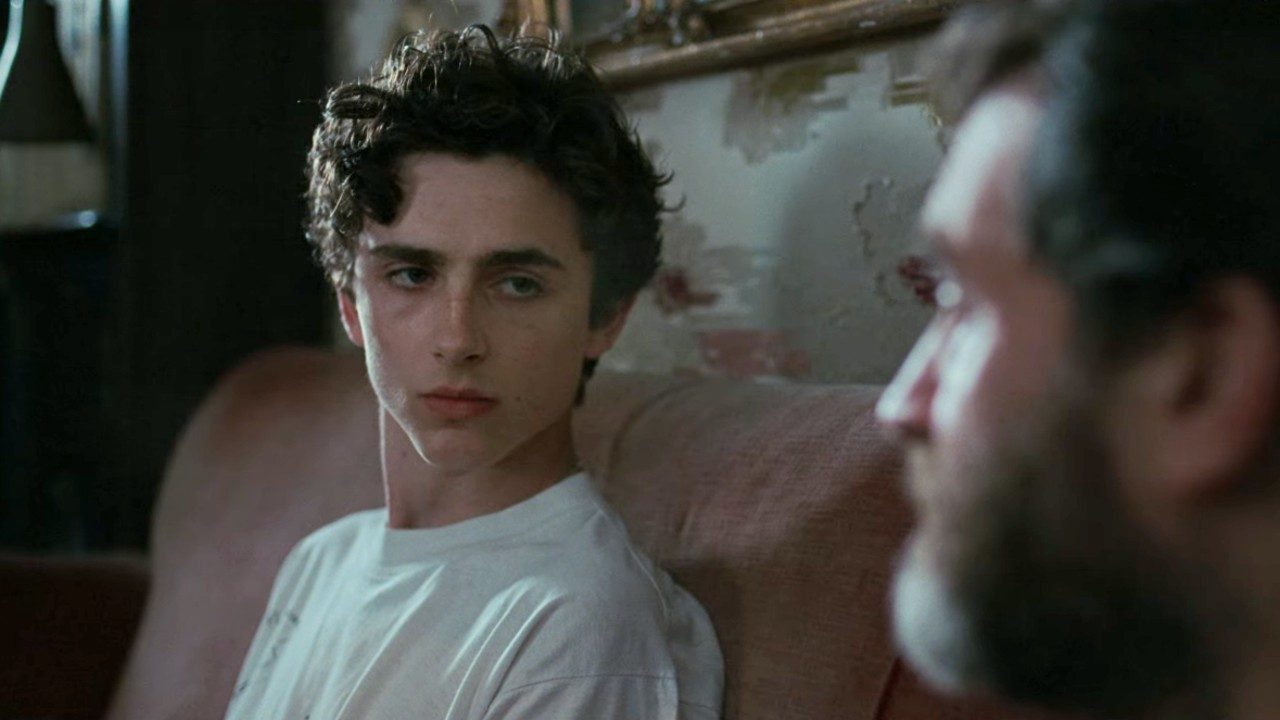

5.) Call Me By Your Name (2017) – Directed by Luca Guadagino
But to make yourself feel nothing so as not to feel anything– what a waste.
Somewhere in Northern Italy, a young American-Italian boy falls in love with his father’s assistant, as they both grow to value the concept of time and the pain that follows when it’s lost. As time has passed, Call Me By Your Name has increased to receive mixed emotions from audiences who once adored the film, but after withstanding the weathered scrutiny of the “peach scene” and Armie Hammer’s apparent rumors of cannibalism, it leaves a strange taste in the mouth for some lovers of the film. Personally, the soundtrack, cinematography, and stunning performance of Timothée Chalamet still makes this Oscar-winning gem worth the watch, even if everything isn’t as it once was. For those who want the story but don’t want to watch Armie Hammer, I suggest André Aciman’s original novel, which goes deeper into Elio’s inner psychology and conflicts with his sexuality.
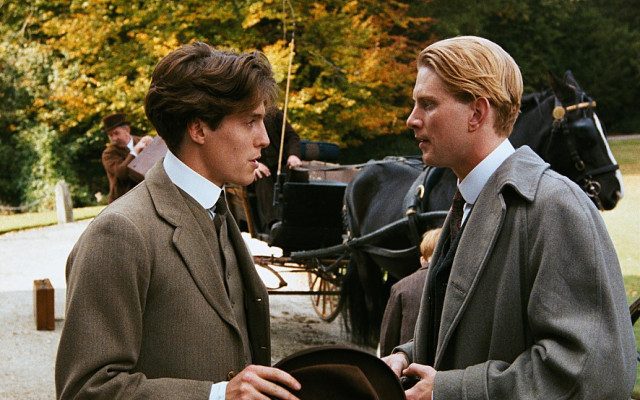

6.) Maurice (1987) – Directed by James Ivory
You must know that to be alone with you hurts me.
Before James Ivory wrote the script for Call Me By Your Name, he directed a different queer story set in the early 1900s. Based on the book by E.M Foster, Maurice follows a wealthy college student, Clive Durham, as he falls in love with Hugh Grant’s character, Maurice, and begins a love affair that quickly becomes burdened by the homophobia of their peers and the threat that their relationship poses to their future. By choosing to safely pursue the heterosexuality put on by society, they visit each other over the years and come closer and closer to reclaiming what they once had in school together.
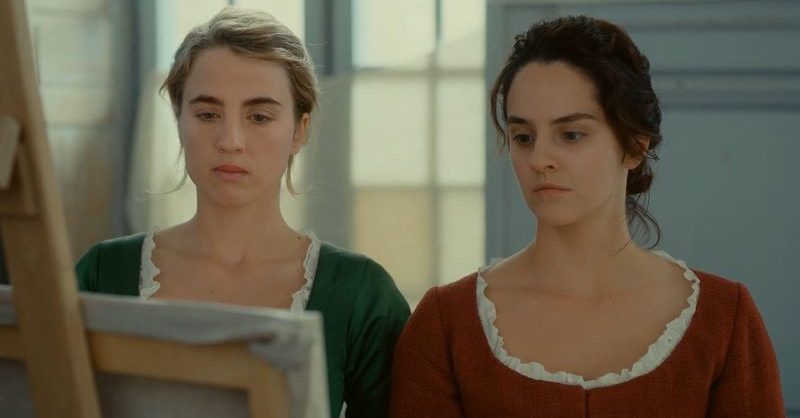

7.) Portrait of a Lady on Fire (2019) – Directed by Céline Sciamma
In solitude, I felt the liberty you spoke of. But I also felt your absense.
Set in France in 1770, this French film centers around a painter commissioned to paint a soon-to-be-wife and learns that their connection exists far beyond the strokes of paint on a canvas. With virtually no existence of shadows, the secluded seaside estate feels almost like a dream world where the women can be together, but they are ultimately pulled apart by the absence of time. Later they find each other through a busy crowd and remember all the feelings that made them feel most alive. This film is a slow but gorgeous portrayal of passion meeting the constraints of art.
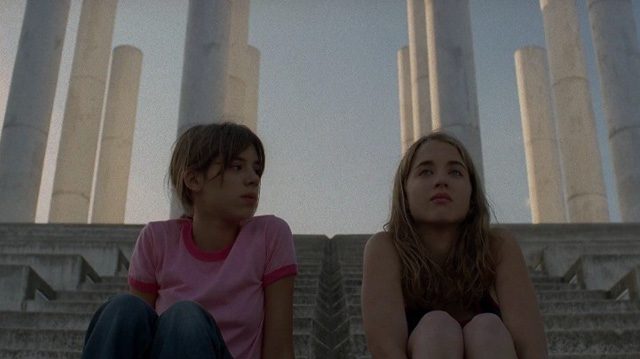

8.) Water Lilies (2007) – Directed by Céline Sciamma
Made years before Portrait, Sciamma used the lens of youth to portray the experience of first love and first lust. Combining a coming-of-age story with romance exposes all the intricacies of finding oneself because you must be vulnerable enough to let people in. This film shows an exciting display of sexuality in the world of synchronized swimming, whereby showing all the work and thrashing underneath, you learn to appreciate the calm grace shown above.
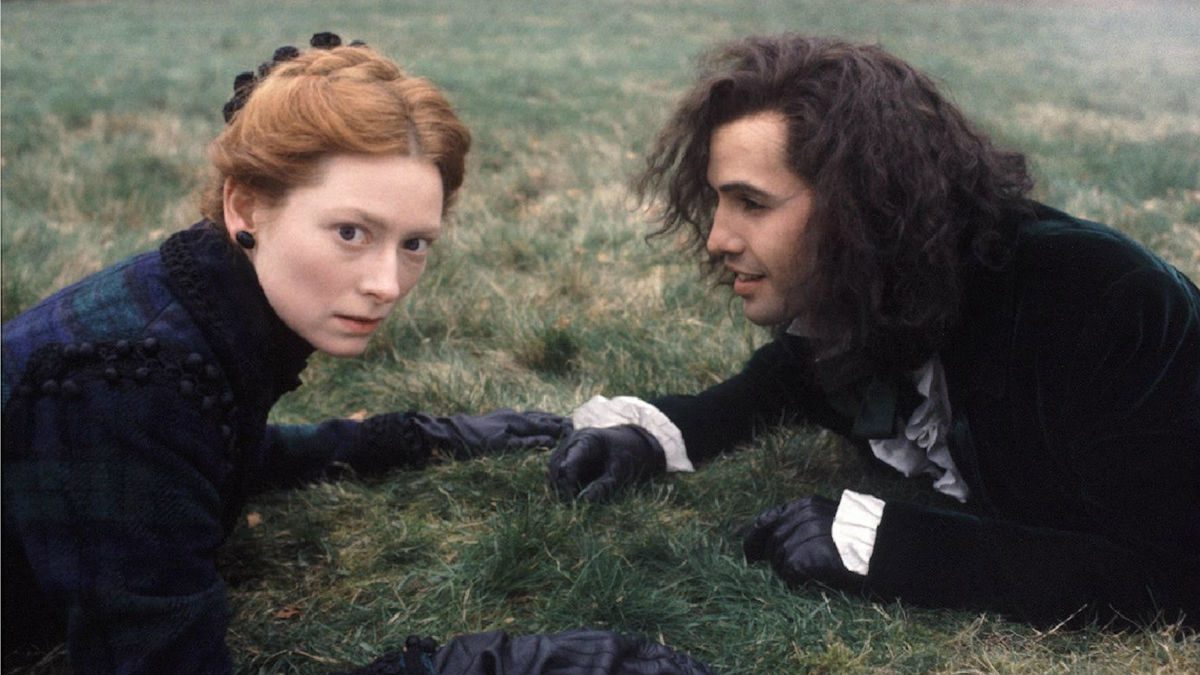

9.) Orlando (1992) – Directed by Sally Potter
Orlando, to me you were and always will be, whether male or female, the pink, the pearl, and the perfection of your sex.
Based on Virginia Woolf’s 1928 novel Orlando: A Biography, this film is a dynamically bizarre tale of a nobleman who survives through centuries of war and conflict in his estate while waking up in each new era as a different gender than before. The 4th wall breaks, and the use of voiceover create an aggressive perspective that puts the audience inside the mind of Orlando as they undergo these changes. It raises the question of sexual power and agency because Orlando struggles to retain his social status as his sex denotes him from certain powers previously warranted to him.
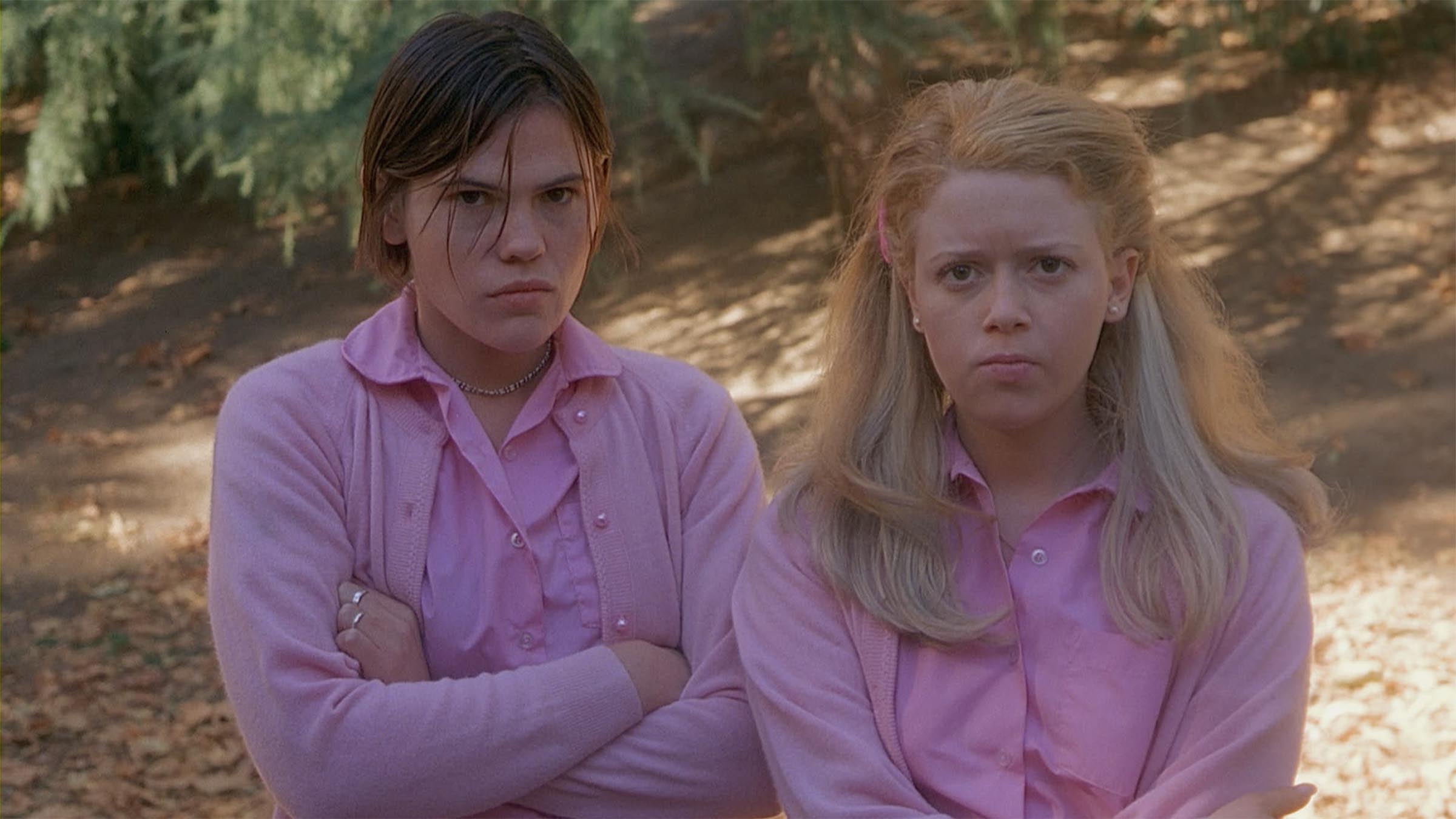

10.) But I’m a Cheerleader (1999) – Directed by Jamie Babbit
Lastly, you can’t have a queer cinema list without including Natasha Lyonne! This crazy satire comedy fits every stereotype put on the lesbian community and dials it up to eleven! The production design and writing are so bombastic and extreme that it’s easily one of the most creative portrayals of queerness I’ve ever seen on screen! If you want to watch a film you’ll never forget, check out this wild ride that confronts homophobia with equally outlandish depictions of correctional facilities and “straight boot camps!”

